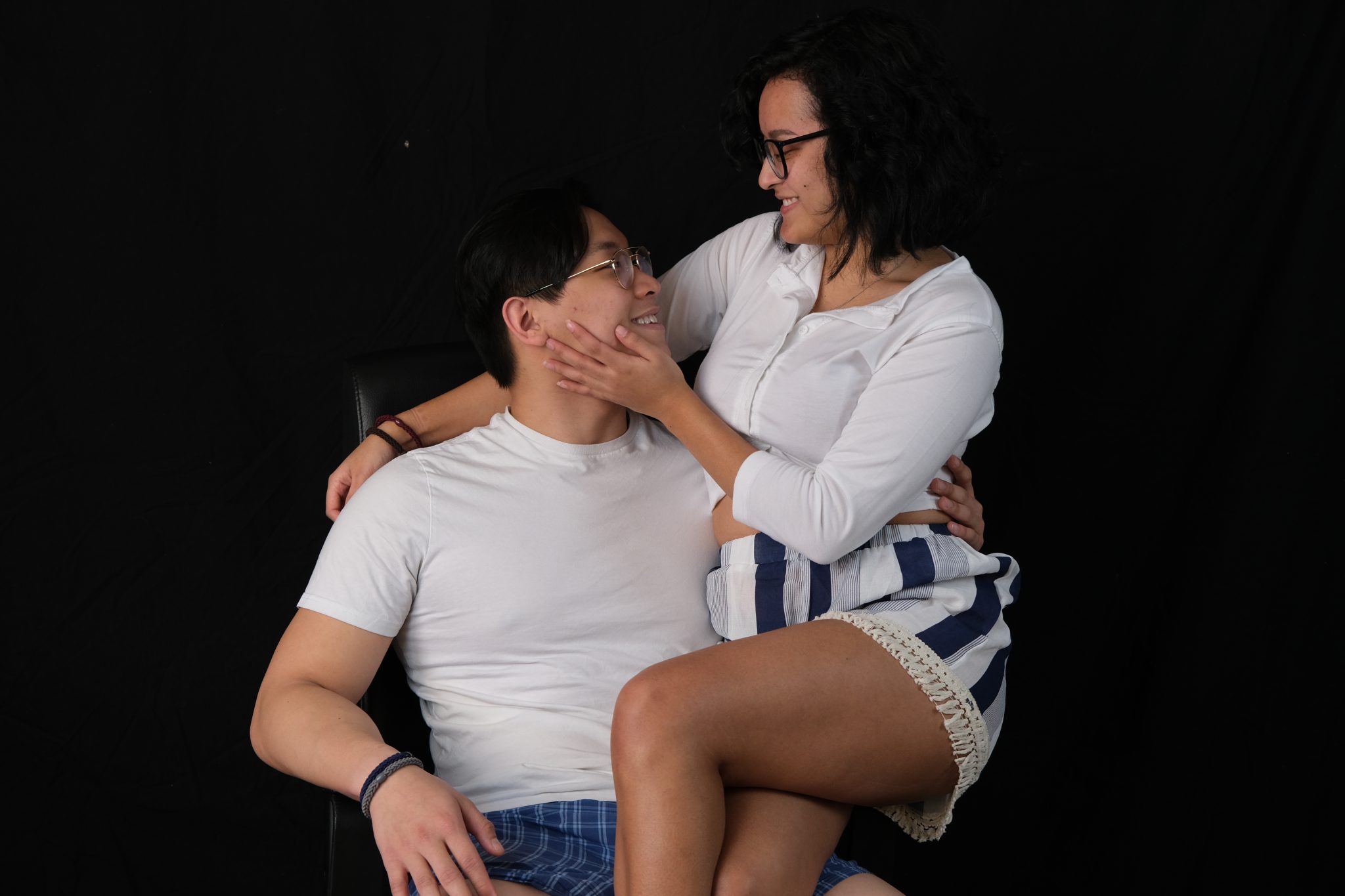
Fanni Frankl, assistant opinions editor, is a junior journalism and political science dual major.
In a society that relies on human connection and relationships, it is vital for people to create deep bonds with one another. Unfortunately, many cannot develop healthy relationships because of childhood traumas that adversely affect their self-esteem and self-acceptance.
Childhood trauma often causes individuals to wind up in destructive relationships that could end up reverting to the same abusive patterns of their adolescence, such as recurrent physical violence or belittling verbal abuse.
They often seek people who have also experienced trauma, so they can relate to them. In empathizing with them, they end up trying to “rescue” or “fix” their partners, causing even more harm to their mental health. Working to develop self-love and acceptance of oneself is essential before getting into relationships in order to avoid further abuse. This can also help one escape the feeling of responsibility for their partner’s happiness.
Feelings of worthlessness and self-hatred are often consequences of an abusive past that directly correlate with the ability to create healthy relationships in the future. Having healthy, supportive relationships with friends and significant others depends on how supportive their family was growing up.
People with low self-esteem might underestimate their partners’ love due to their low self-esteem. Parental neglect and abuse may fuel this, which leads to self-blame and believing they are unworthy of love and that they deserve the abuse they are receiving. This conviction then follows them into interpersonal relationships with significant others and friends.
Self-love and self-acceptance are vital to healing feelings of inadequacy that are ingrained in the mind at a young age. Once individuals can be at peace with their flaws and let go of the ghosts of past criticisms, they are able to accept the happiness that they believe they are worthy of.
Coming to terms with the past and recognizing that the abuse experienced was not justified eases the path to self-acceptance. Only then, people with abusive pasts can acknowledge that a parent should not punish their child for things out of their control, like looks, intelligence or personality. In this way, victims of abuse can also be less reliant on their partners to fulfill their happiness and heal their emotional scars. Self-acceptance is a journey that asks for a space that is devoted to self-reflection — it should not be the responsibility of someone else to provide it.
By taking the time to work on self-esteem, partners can feel content with their interpersonal relationships instead of feeling a constant sense of anxiety, depression or codependence.
While it is undoubtedly difficult to go from self-loathing to self-love, it is important to highlight that this is a process that will take time.
As someone who went through some hardships that led me to be clingy in my relationships, I can confidently say that I have become more attuned and more accepting of myself. While before, I completely depended on my friends and boyfriend for my happiness and self-esteem that my family did not provide, I now create that happiness within myself.
Reminding myself often of my positive attributes like my diligence, loyalty and perseverance, despite my mental struggles was a crucial step in recognizing my self-worth and eradicating consistent negative thoughts. As hard as it was, spending less time with my friends and boyfriend has also taught me how to create my happiness and be my own person instead of being defined by those around me.
I am comfortable being alone and consistently remind myself that I do not deserve to be unhappy. Enjoying hobbies by myself, like reading and watching movies, made me realize that there is beauty in gaining insight from stories. These activities helped me to focus on myself and understand that I am the only one who can heal myself, allowing me to feel more at ease with who I am.
Although I’m still working on my self-esteem, little moves like these are key to getting there. Victims of abuse must recognize that they do not have to remain victims for the rest of their lives and that they can regain the trust and satisfaction that they were denied as children.
























